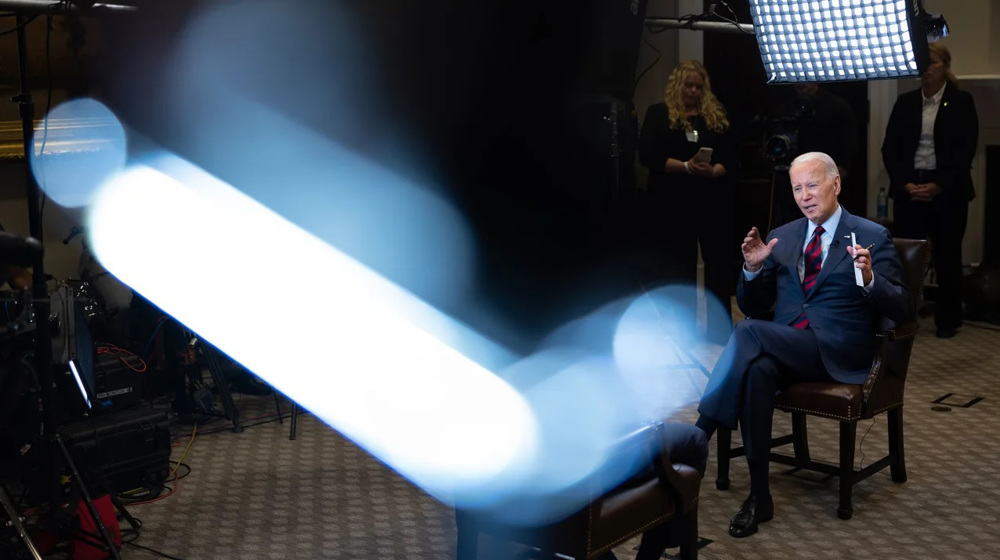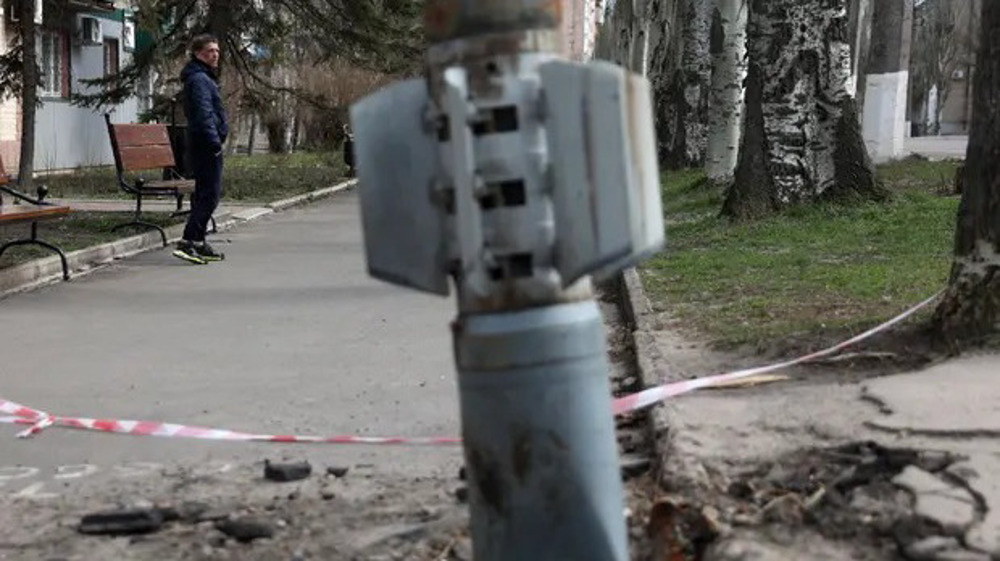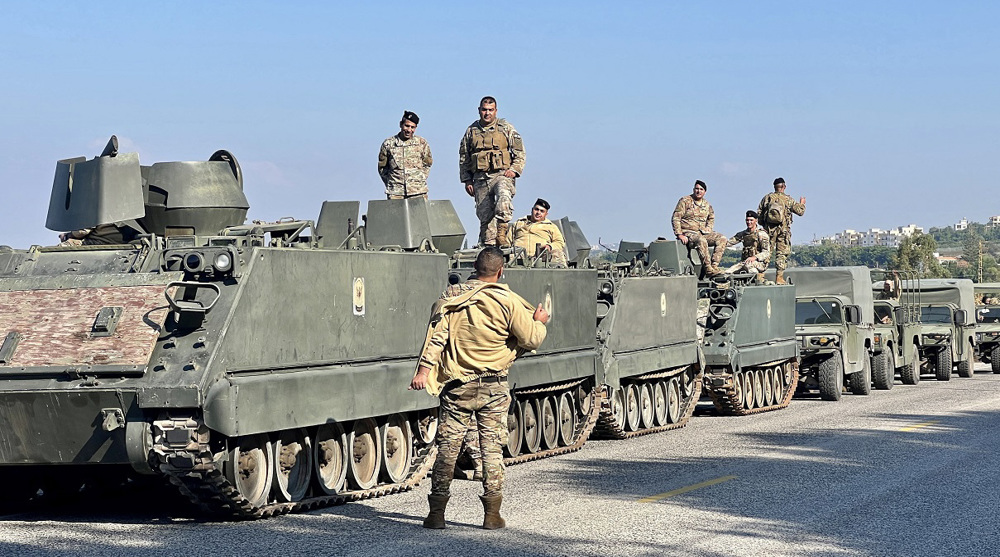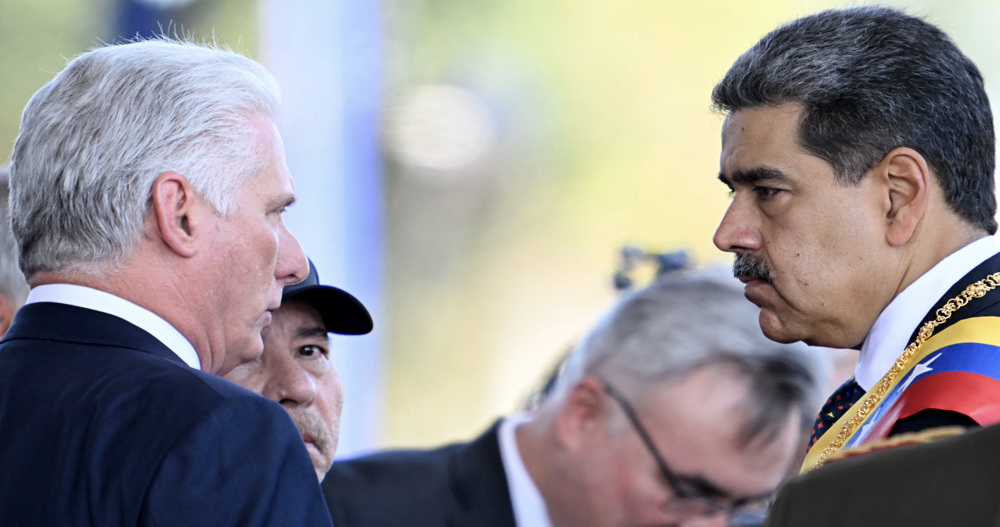Biden: Ukraine cannot join NATO due to war, lagging in democratization
US President Joe Biden has ruled out Ukraine’s membership in the US-led NATO military alliance, citing its raging war with Russia as well as the country’s failure to meet other qualifications, including “democratization.”
“I don’t think there is unanimity in NATO about whether or not to bring Ukraine into the NATO family now, at this moment, in the middle of a war,” Biden during an interview with CNN’s Fareed Zakaria that was broadcast Sunday, insisting that if Ukraine joined the alliance during the war, then the entire NATO would in effect be at war with Russia.
“For example, if you did that, then, you know – and I mean what I say – we’re determined to commit every inch of territory that is NATO territory; it’s a commitment that we’ve all made no matter what,” Biden explained. “If the war is going on, then we’re all in war. We’re at war with Russia, if that were the case.”
The US president further claimed that he had spoken “at length” with his Ukrainian counterpart Volodymyr Zelensky about the issue, telling him that would keep providing “security and weaponry” for Ukraine as it does for the Israel regime occupying Palestine.
“I think we have to lay out a rational path for Ukraine to be able to qualify to be able to get into NATO,” Biden went on to assert.
“But I think it’s premature to say, to call for a vote, you know, in now, because there’s other qualifications that need to be met, including democratization and some of those issues,” Biden said.
Biden’s remarks were aired as he began a trip to Europe that will include attending a NATO summit in Lithuania, where the Ukraine conflict and his decision to supply Kiev with globally-banned cluster bombs are expected to top the agenda.
Biden also defended his decision to provide Ukraine with the mass-destructive weapon, claiming that it was a “difficult decision,” but with artillery supplies dwindling, it was a choice between supplying the weapons or leaving Ukraine defenseless.
“It was a very difficult decision on my part — and by the way, I discussed this with our allies, I discussed this with our friends up on the Hill,” he proclaimed. “The Ukrainians are running out of ammunition.”
Moscow lashed out at Washington's decision to supply Ukraine with cluster munitions, undermining it as an "act of desperation" that signals "weakness," amid Kiev's failure to make much progress in its hyped-up counteroffensive against Russian forces.
"It is an act of desperation and shows weakness against the backdrop of the failure of the much-touted Ukrainian counteroffensive," said Russia's Foreign Ministry spokeswoman Maria Zakharova in a Saturday statement.
The statement echoed dismissive remarks by other Russian officials a day earlier, with the Russian ambassador to Washington, Anatoly Antonov, blasting the US move as a sign of "their impotence," leading them to "commit new madness."
"Cluster munitions are a gesture of desperation," Antonov also insisted on Friday as quoted in a report by Sputnik News. "Such a measure speaks of the recognition by the United States and its satellites of their impotence."
However, he added: "Here they do not want to admit their own failures and the failure of the attempts of the Armed Forces of Ukraine to carry out an offensive against the Russian regions. Therefore, they commit new madness."
Russia's strong reaction followed Washington's declaration on Friday that it will indeed supply cluster bombs to Ukraine to help its counteroffensive against Russian forces despite a global ban on the use of the controversial weapons of mass destruction.
Flooding of Ukraine with weapons “will only drag the conflict out and make it more painful for the Ukrainian side, but it will not change our goals and the end result,” the Kremlin’s spokesman, Dmitry Peskov, said last year.
Hamas thanks Iran, Resistance Front following achievement of ceasefire in Gaza
'Capitulation': Israeli officials and media concede Gaza defeat as truce unfolds
'Gaza has won': Social media users react to ceasefire with mix of relief, joy
Iran seeks South Korea’s assistance for AI, fiber-optic projects
VIDEO | Iran's 'Eqtedar' (Power) maneuver
Israel hits HTS military target in Syria for 1st time since fall of Assad
VIDEO | Press TV's news headlines
Israel has slaughtered 13,000 students in Gaza, West Bank











 This makes it easy to access the Press TV website
This makes it easy to access the Press TV website